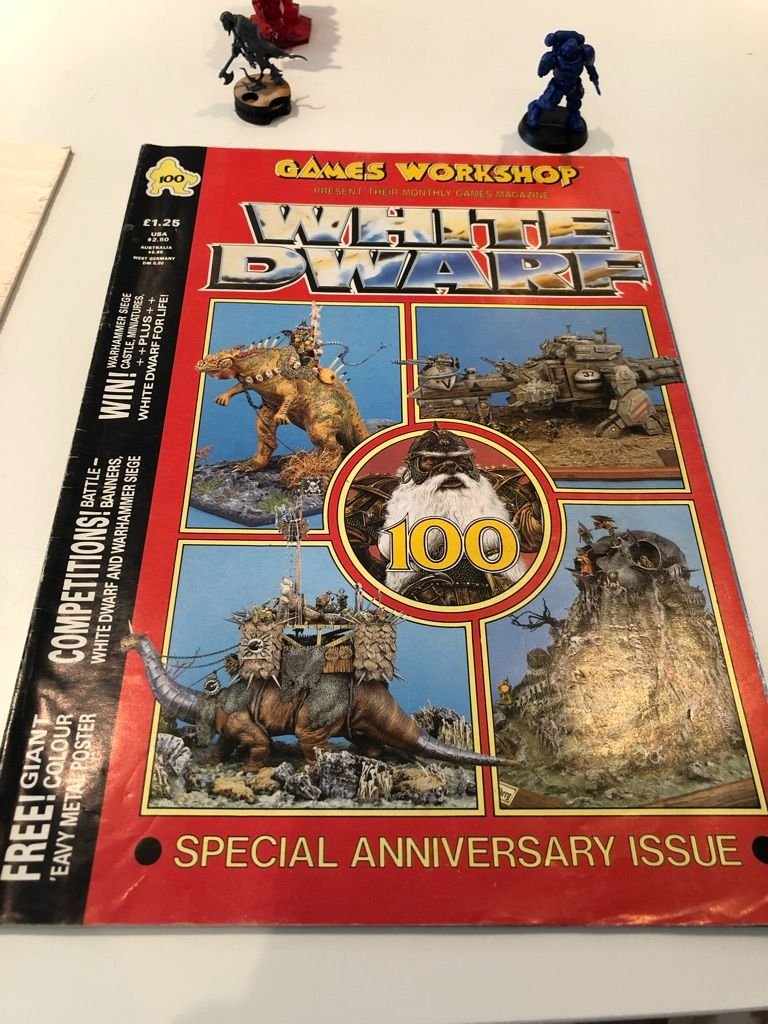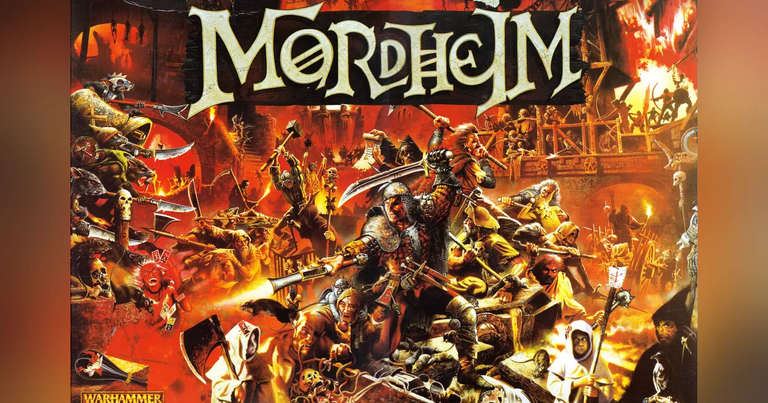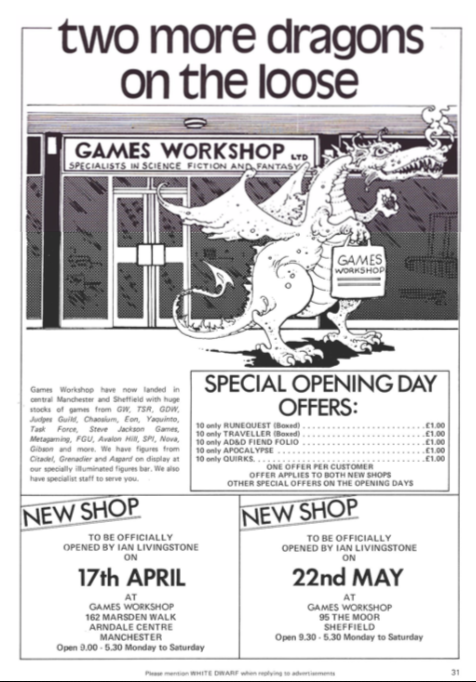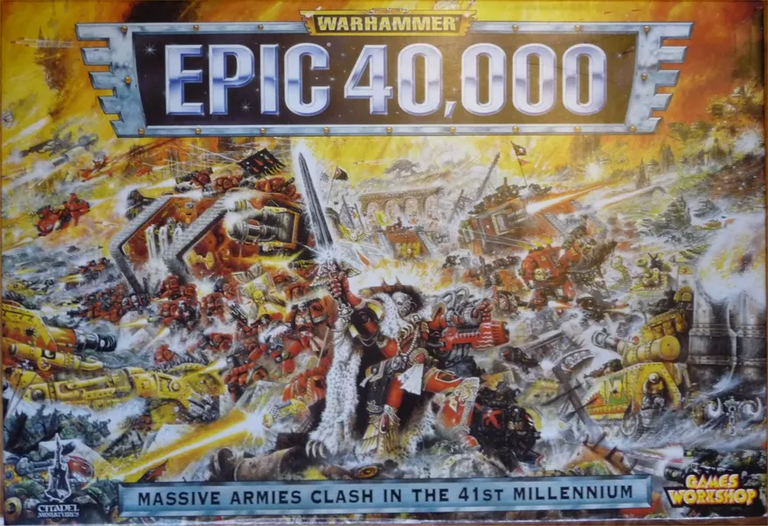Warhammer is a blend of strategy, luck, and imagination. The game involves assembling and painting armies of miniatures to use in battles played on a tabletop.

Over the years, it has developed a rich history and a dedicated community, but it has not been without conflict and controversy.
Warhammer is now a well-known series of tabletop miniature wargames, probably the best known tabletop wargame system of them all, to the point of Henry Cavill being involved in getting a huge TV and film deal with Amazon
It was not always so.
The franchise broadly splits into two main settings, D&D or Lord of the Rings style epic fantasy and the Sci-Fi Warhammer 40,000, each offering a unique experience, but both based on similar foundations.
Warhammer Fantasy Battle
Warhammer started in 1983 with Warhammer Fantasy Battle. Designed by Bryan Ansell, Richard Halliwell, and Rick Priestley.
The game introduced a grimdark (though not quite as grimdark as things were going to get) fantasy world and focused on basic rules for movement, combat, and magic.
As it grew in popularity, the game became more complex and the world more detailed. Apparently Brian May from the rock band Queen was a fan back in the day!
Early editions of Warhammer Fantasy Battle established the core factions and lore. By the third edition, players had a deep world to explore, including factions like the Empire, Dwarfs, Orcs & Goblins, and Chaos.
While Fantasy was highly popular, and spawned several spin-offs including the Mordheim skirmish game and the RPG, it felt to me like a clone of D&D so I stuck to that.

I did, however, buy White Dwarf magazine so I knew there was a Games Workshop store in nearby Sheffield.

Warhammer 40,000
In 1987, Games Workshop expanded into science fiction with Warhammer 40,000: Rogue Trader, created by Rick Priestley. Set in the 41st millennium, Warhammer 40,000 (or 40K) introduced a dystopian future with vast armies and ancient conflicts.
A couple of years later is when I got my start, visiting the store in Sheffield before it moved around the corner to different premises, and getting enthused by the (then) metal miniatures. I couldn't afford more than a tiny army, excruciatingly slowly built, because at the time I was at school, and when I left school and started "earning", it was only £28 per week!
Shortly after the Epic version was released, which I found more accessible due to my small budget and lack of space to play.

Fluff and Lore
The lore for both Warhammer Fantasy and 40K grew through rulebooks, novels, and supplements.
Warhammer 40K, in particular, became known for its hugely complex backstory, exploring themes of war, religion, and survival.
There have been many tweaks and changes, so it is funny when people now get angry about retcons and clarifications breaking "canon". It's all made-up, always has been, none of it is real. But some people make it their entire personality.
Unfortunately, even sadder, despite the authoritarian aspects being satirical (based in part out of the Margaret Thatcher years of UK politics), and Games Workshop explicitly confirming that the Empire are not good guys, that Warhammer is for everyone, there are those who who hold values in line with the evil xenophobic space-fascists and want to keep everyone but straight white incel guys out of the community.

The good news is encountering these folks in person is rare, at least out in the open.
Age of Sigmar
In 2015, Games Workshop replaced Warhammer Fantasy Battle with Warhammer: Age of Sigmar. This new game changed the rules and lore, offering a more heroic, high-fantasy setting and streamlined gameplay.
There were a lot of upset players, not least because entire fully-painted and expensive armies became outdated and unofficial.
Over to you
When did you get started with Warhammer and tabletop gaming?
I started 40K with the ol' 5th ed. AOBR box sets. I like the Orks, the only faction that sees the grim darkness of the far future and says, "Dis looks loik sum fun!"
I love the Orks, especially because they change reality through sheer force of will. Paint it red and it really goes faster, makes sense to me!
I started playing Warhammer 40k at the tail end of 3rd Edition. I played mostly 4th and 5th Edition.
I was absent for 6th-8th edition.
I came back to 40k in 9th edition before the Arks of Omen hit and I am now fully back into the hobby.
That seems to have been a popular move, I know in my absense it got quite bloated and whenever I dipped in to see what was going on there were so many books! Killteam is mostly my speed because I just don't have the time to put into it, but it feels like some of the old spirit is back in the most recent versions.
Indeed. I have been enjoying 10th edition for sure!
I have... collected a lot of models... I need to make a new series about the collection and get to painting my Slow Grow army...